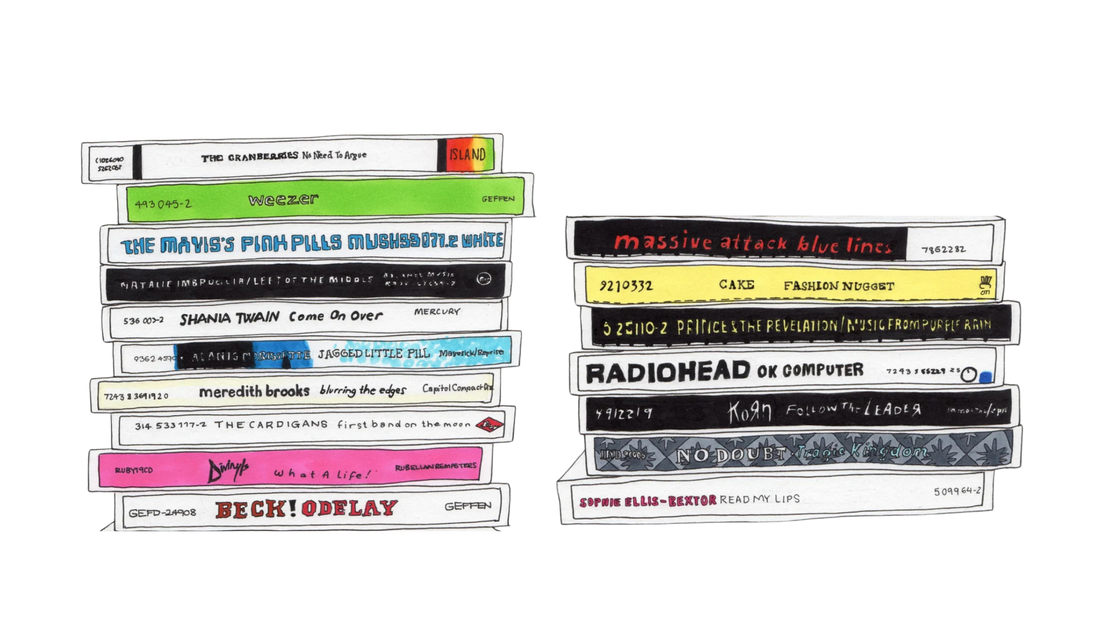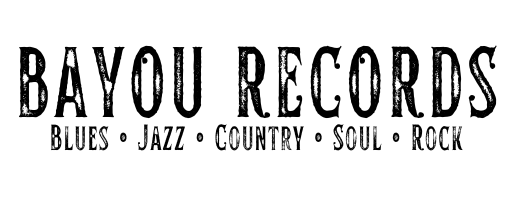
5 Reasons People Are Choosing Physical Media Over Streaming
Share
Image credit: © Chloe McGregor Illustration
In an era dominated by Spotify playlists, Netflix queues, and algorithm-driven recommendations, something unsurprising is happening: more people are turning back to physical media. From vinyl records to Blu-rays and even pre-owned CDs, collectors and casual fans alike are realizing that owning music and movies in a tangible format offers advantages streaming can’t ever compete with. Here are five reasons why physical media is making a strong comeback.
There are parallels here with the period in history circa 1920 when the popularity of commercial radio first started to severely impact the recording industry. Eldridge Johnson, then president of the Victor Talking Machine Company (later to become Victrola), was initially very disturbed about the emergence of radio. After a few years however, he famously said "I'm comfortable that radio can never offer the records offer the privacy, selection and proprietorship that records can."
Almost exactly a century later, that sentiment can largely be carried into the streaming vs physical media showdown that is brewing in the 2020s.
1. Privacy Without Surveillance
Every time you press play on a streaming platform, your habits are tracked. Companies know what you watch, when you pause, and how often you return to a favourite song. That information is used for targeted advertising and recommendation engines—but it also raises concerns about privacy in streaming.
Physical media is different. Putting a vinyl record on your turntable or popping a Blu-Ray into a player is an experience that belongs only to you. No one is tracking your choices, no algorithms are shaping your taste, and no metadata is being sold to advertisers. With physical formats, your listening and viewing habits stay truly private.
2. True Ownership and Control
One of the biggest frustrations with streaming is impermanence. Licensing deals change constantly, which means your favourite album or cult-classic movie can vanish without warning. In reality, most streaming platforms don’t sell access—they rent it. For those comfortable with bending the law, piracy remains an option. But for those who aren't, having a faceless multinational corporation decide what you can and can't see defies logic.
Owning vinyl records, CDs, or DVDs gives you lasting control. Once it’s on your shelf, no subscription or corporate decision can take it away. A physical media collection isn’t just entertainment—it’s a library that’s yours forever.
3. Selection Beyond the Algorithm
Streaming platforms often present a curated selection based on commercial deals, leaving vast gaps in music and film history. Niche genres, underground artists, and older works are regularly overlooked in favour of what’s “trending,” or, perhaps more accurately, what will make the platforms the most money.
Physical media, however, opens the door to deeper discovery. Record stores, independent labels, and second-hand shelves often carry titles you’ll never find on Spotify or Netflix. Whether it’s an obscure soul 45, a box-set of classic folk recordings, or a long-out-of-print cult film, physical formats let you explore music and movies beyond the algorithm.
4. A Tangible Connection to Art
Streaming turns culture into background noise—tap, swipe, skip. But physical media offers a ritual. Sliding a record from its sleeve, studying the artwork, reading the liner notes, or feeling the weight of a CD case creates a tactile bond with the music.
That sense of ceremony transforms listening and viewing into an experience, not just consumption. Vinyl records in particular have seen a resurgence because they remind us that music is more than sound—it’s art, history, and craft, all in one package. In fact, vinyl takes the connection one step further because the sound you're hearing is not a digital replication of what was recorded, it is the actual sound that was recorded.
5. Reliability and Legacy
Streaming requires subscriptions, servers, and a stable internet connection. If a platform shuts down or changes its terms, your library is gone. If your internet connection is not 100% reliable - the so-called convenience of streaming evaporates immediately. Physical media lasts. Properly cared for, records, CDs, and DVDs can span generations. And if cared for properly, they are free of ads, buffering or any other interruptions.
For many collectors, permanence means building a legacy. A shelf of records, a curated film library, or a box of beloved CDs can be passed down, shared, and revisited without worrying about digital obsolescence. Unlike a disappearing streaming playlist, your physical collection is here to stay.
And in 2025, it's even possible to re-create the convenience of streaming while still using your own media - through the setup of a personal media server.
Final Thoughts
Choosing physical media over streaming isn’t just about nostalgia—it’s about privacy, selection, and proprietorship. It’s about enjoying culture on your own terms, free from corporate restrictions and digital surveillance. Whether you’re starting a small vinyl collection, hunting down rare pre-owned CDs, or building a wall of classic films, owning the art itself offers freedom that streaming never will.
When you couple all of this with the fact that nowadays, the average person is probably paying for at least four separate streaming subscriptions costing them the best part of $1000 annually; the 'streaming is cheaper' argument tends to lose weight.
In the end though, physical media isn’t just about the cost, or the past. It’s a future-proof way to celebrate music and film that allows you full control over your own property and facilitates a more meaningful appreciation of the content.
